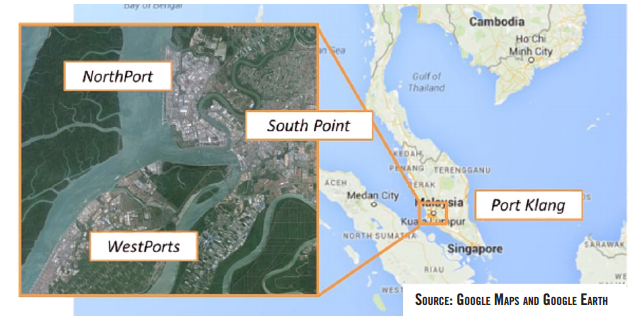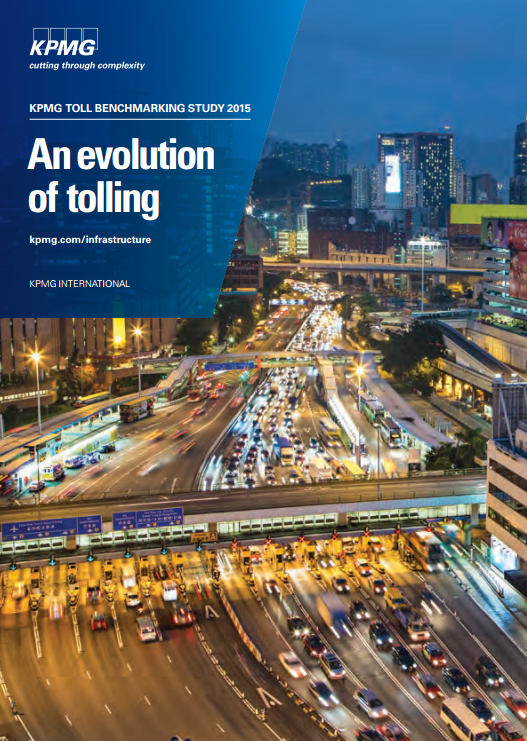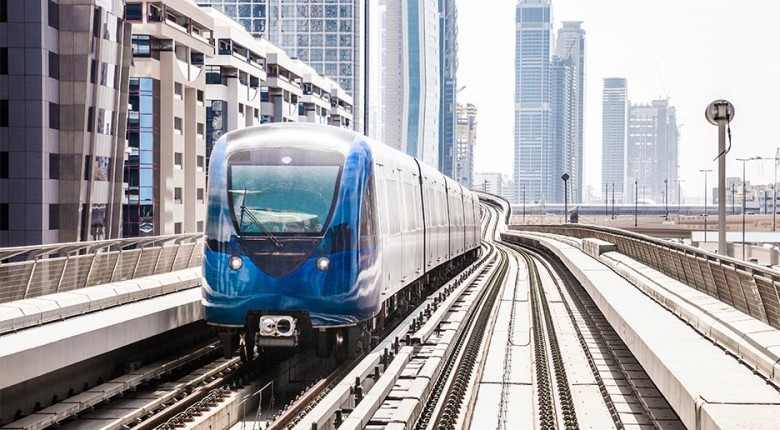1292 results found
Featured results



More results

By delivering efficient, cost-effective and innovative maintenance services, well-designed output and performance-based road maintenance contracts can help maintain road assets and achieve value-for-money.



The Operations Manual presents guidelines and procedures to be followed during the stages of planning, proposal, modeling, approval, contracting and monitoring of the PPP projects within the scope of the State Program of Public-Private Partnerships of Minas Gerais.






China is considering ways to attract additional capital to finance investment in railways and Worldwide, private capital has been attracted to the railway sector through a range of mechanisms.



This document mainly focuses on Introduction to public Private Partnerships, Structuring a PPP Deal, PPP Procurement Process and Managing a PPP Relationship.






The Malaysian government has improved the capacity and efficiency of its port infrastructure by involving the private sector.












The Lawrence National Centre for Policy and Management at Western's Ivey Business School was asked by group of firms active in both procurement environments to compare the processes and incentive structures.



The study aims to understand the role of specialist investors in UK infrastructure and the impact on performance of vital infrastructure assets over the past decade.



The efficiency of toll roads is important. Not just for tolling operators, but also for governments, investors and the driving public.



The Port Reform Toolkit is aimed to provide policymakers and practitioners with effective decision support in undertaking sustainable and well-considered reforms of public institutions that provide, direct, and regulate port services in developing countries.



The core principle behind the PPP is the creation of a contractual bubble – a framework of contracts.


The Toolkit is a reference guide for public authorities in developing countries for the development of PPP programs in the highways sector, particularly in assisting in PPP policy development, project preparation and the sourcing and more.

The Global Infrastructure Hub is today launching its new online tool, InfraCompass, to guide governments on how to create the best conditions for infrastructure delivery.
As part of its leading practices mandate, the GI Hub is developing a set of annotated risk allocation matrices for PPP transactions, in a variety of sectors.
The G20’s Global Infrastructure Hub has welcomed the Australian Government’s commitment in the 2017 Budget to building more infrastructure across Australia.
The OECD Recommendation on Public Integrity provides policy makers with a vision for a public integrity strategy.





 InfraCompass
InfraCompass



